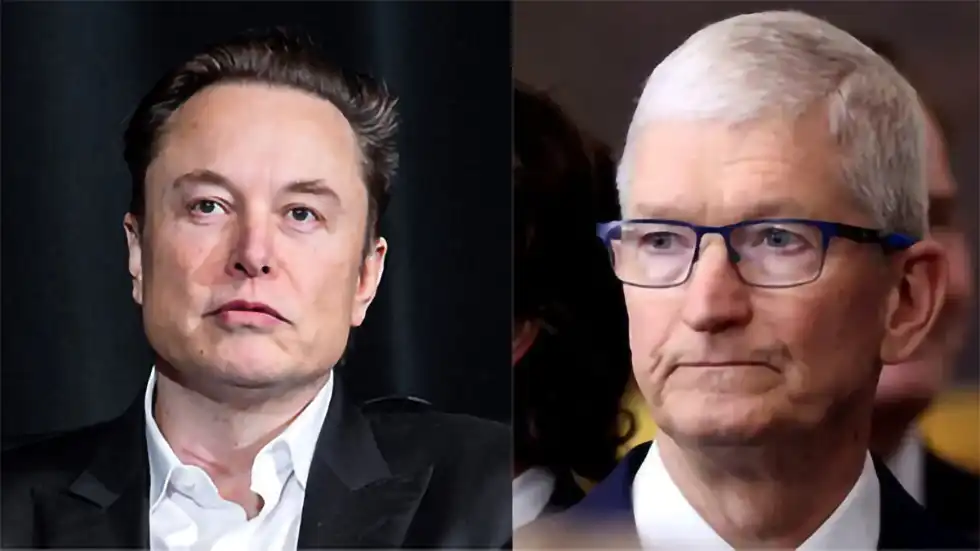The main topic of the article is the unexpected partnership between Apple and Starlink, Elon Musk’s satellite network, which enables iPhone devices to access the internet in remote areas. Although Apple previously rejected Musk’s offer for direct integration of Starlink technology, it now uses his infrastructure indirectly through a partnership with T-Mobile. This development represents a business irony as Apple now depends on technology it previously refused. The article highlights that Apple faces a choice to either develop its own satellite project, admit defeat and directly cooperate with Starlink, or continue to use Starlink indirectly while seeking an alternative. This situation exemplifies how tech companies can be forced to collaborate with competitors due to regulatory and market challenges.
Political Perspectives:
Left: Left-leaning sources emphasize the irony and critique the corporate strategies of Apple, highlighting how large tech companies often prioritize control and profit over innovation and collaboration. They may frame the story as an example of how market competition and regulatory pressures force companies into reluctant partnerships, and question the broader implications for consumer choice and technological progress.
Center: Centrist sources report the facts of the partnership and the background of the negotiations, focusing on the business and technological aspects. They highlight the strategic moves by both Apple and Starlink, the regulatory challenges Apple faced, and the practical benefits for consumers, such as improved internet access in remote areas. The tone is neutral, presenting the situation as a typical example of corporate decision-making and market dynamics.
Right: Right-leaning sources may emphasize the success and strategic acumen of Elon Musk and Starlink, portraying them as innovators who outmaneuvered Apple. They might frame Apple’s initial rejection as a missed opportunity and highlight the benefits of free-market competition and entrepreneurship. The narrative may celebrate the partnership as a win for technological advancement and consumer choice, while downplaying regulatory or corporate control issues.



















